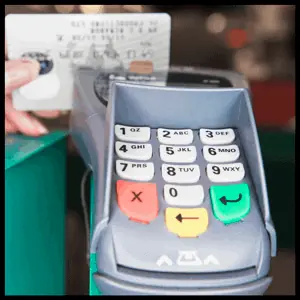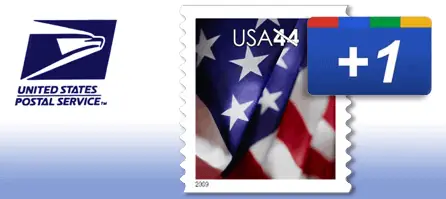The Official Merchant Services Blog focuses today on an aspect of payment processing important to both merchants and processors: Chargebacks.
Chargebacks occur when the amount of the original charge that was credited to a business’ checking account is reversed. The chargeback is forcibly initiated by the consumer’s issuing bank. Realizing that chargebacks can gum up the steady flow of cash for your business from day to day, Host Merchant Services gives you some tips that you can take to help understand chargebacks and help you prevent them from happening.
Common Reasons for Chargebacks
Here’s a roundup of the most common reasons a chargeback is filed:
- The card was fraudulent.
- The cardholder disputes the quality or receipt of merchandise.
- The amount charged to the card was incorrect.
- Processing errors were made during the transaction.
- Proper authorization was not obtained.
- The merchant did not fulfill a retrieval request.
Although chargebacks cannot be 100% gotten rid of, there are some steps that merchants can take to drastically reduce their occurrence. The more a merchant knows about processing procedures, the less likely it is a merchant will do something — or not do something — to prompt a chargeback.

Procedures for All Businesses
The first tip is pretty basic. Make sure that the business name you provide to your processor is a name your customers will recognize. This is the name that shows up on their statement. So if you happen to be Bob’s Widget Store, but the business name you provide is Really Cool Stuff LLC, you will run into increased chargebacks because your customers will not recognize the name when they get their credit card statement the next month.
Respond to retrieval requests. Both customers and card issuing banks may request copies of sales and credit drafts. Once a request is initiated a merchant needs to respond within 12 business days. Make sure your business is structured to be able to provide this paperwork quickly and easily. Wells Fargo recommends sales drafts should be accessible to authorized employees for 180 days after the initial chargeback notification after which they should be stored long-term in a safe and secure location.
Always get an authorization. This very basic but does need to be said.

Procedures for Retail Businesses
Retail merchants should make sure they fully comply with the transaction requirements issued annually by Visa, MasterCard and Discover Network.
Have proof the card was present by making sure you swipe all cards through your terminal.
Get a signature from the cardholder and compare that signature to the back of the card. Check additional identification if needed. If the card is unsigned, request a photo ID that has a signature and have the cardholder sign the card. Otherwise, do not accept the card.
Get an imprint whenever a card has to be manually keyed into a terminal. Make sure all of the transaction information appears on the imprinted copy –– including the amount, business name, business location, and cardholder’s signature.
If a card is declined when swiped through the terminal, do not continue to try and get authorization. Instead request a new form of payment from the cardholder.
Verify that the number on the screen matches the embossed number on the card.
Pay attention to Partial Authorization, as that can create instances where a payment gets broken into smaller amounts. For full information on Partial Authorization, you can visit Host Merchant Services article on Partial Authorization here.
You can also download Partial Authorization Guides from Host Merchant Services here.

Procedures for Internet and Mail Order/Telephone Order Businesses
Use the Address Verification System (AVS) to ensure that your customer is providing you with the correct billing address. Discover Network requires AVS on all card-not-present transactions.
Provide your processor with a local or 800- number that they can include on your billing statement. Supplying this number for your customer will often help prevent a chargeback from occurring. Your customer can contact you directly with questions and you will have a chance to correct any misunderstandings quickly and efficiently.
When sending merchandise to a customer, use a shipping service that will be able to provide proof of delivery to the full billing address. For very expensive items, request a signature for the merchandise to be released to the buyer.
For more information please contact Host Merchant Services. Our quality assurance team can help you understand chargebacks and reduce the number of disputes you have to deal with.
